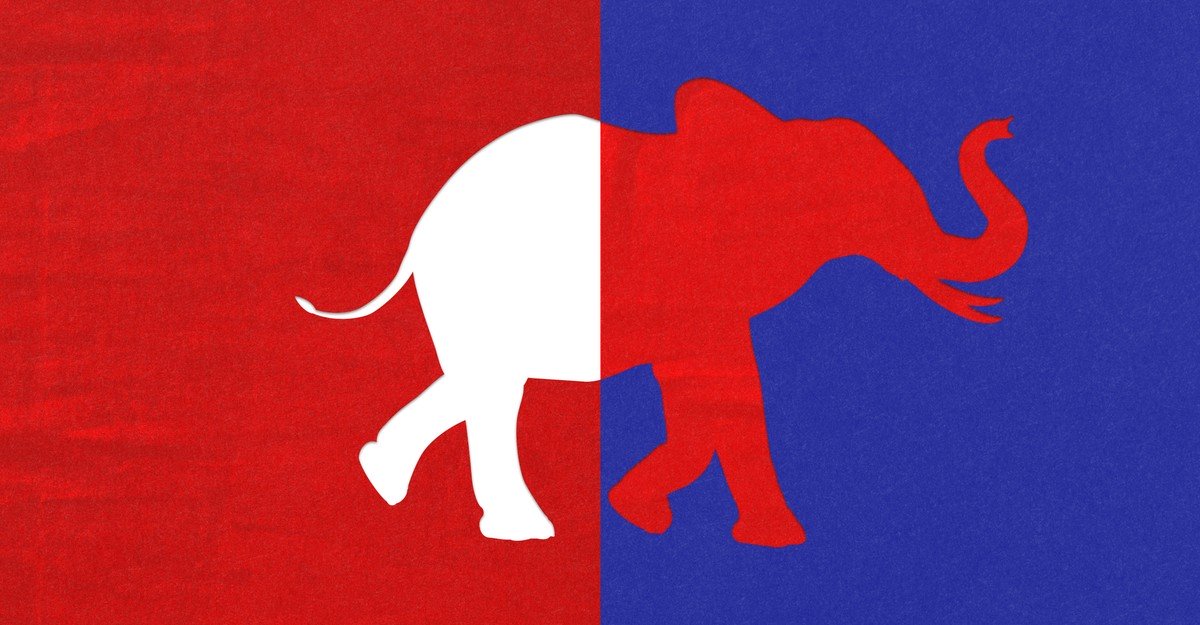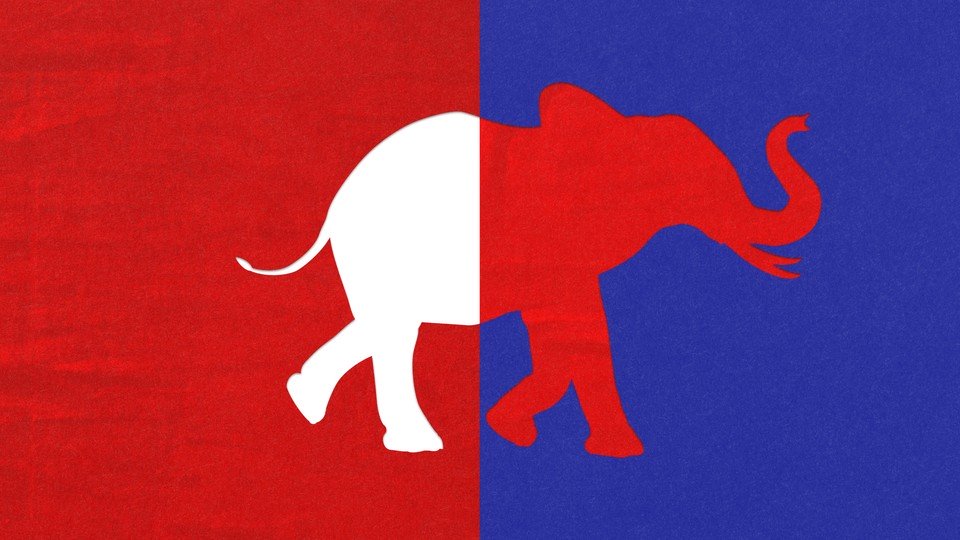## From Pixels to Platforms: How Video Games Became the New Political Battleground
Remember when politicians scoffed at the idea of video games being anything more than frivolous entertainment? Yeah, those days are long gone.
The way we consume information, engage with ideas, and even form opinions has been irrevocably changed by the rise of digital worlds. And at the forefront of this revolution? Video games.
In a recent piece by The Atlantic, “How Video Games Took Over Politics,” the lines between the virtual and the real blur as we explore the surprising ways games are reshaping the political landscape.

From campaign strategies to voter engagement, political figures are finding themselves adapting to a new reality where 8-bit activism and digital avatars are the new normal.
But is this evolution a force for good or a dangerous distraction? Dive in as we unpack this fascinating story and explore the impact of video games on the future of politics.Gamers as Policymakers

As the lines between the virtual and real worlds continue to blur, gamers are increasingly finding themselves at the forefront of political discourse. This shift is driven by a number of factors, including the growing influence of online communities, the rise of esports, and the increasing recognition of gaming as a legitimate form of cultural expression. Gamers, with their unique perspectives and experiences, are bringing a fresh voice to the political arena, challenging traditional power structures and demanding greater representation.
In recent years, we have seen a surge in the number of gamers running for office at all levels of government. From local school boards to the U.S. Congress, candidates are tapping into the gaming community’s passion and engagement to build grassroots support. This trend is particularly evident among younger generations, who are more likely to identify as gamers and view gaming as a central part of their lives.
One notable example is Alexandria Ocasio-Cortez, the U.S. Representative from New York’s 14th congressional district, who openly discussed her love for video games during her campaign. Her candidness resonated with young voters, helping her to secure a historic victory against a long-time incumbent.

Playing the Political Field: Strategies and Tactics for Gamers in the Political Arena
Building a Community
Gamers are known for their strong sense of community, forged through shared experiences and online interactions. This sense of camaraderie can be leveraged to mobilize political action. Online gaming platforms and forums provide a fertile ground for organizing, discussing issues, and coordinating campaigns. Gamers can utilize these spaces to raise awareness, share information, and encourage participation in political activities.
Crafting Your Message
To effectively communicate gaming-related issues to a wider audience, gamers need to craft clear, concise, and relatable messages. It’s important to avoid using jargon or technical terms that may alienate non-gamers. Instead, focus on the universal values that gaming embodies, such as collaboration, problem-solving, and creativity. Highlight the positive impact that gaming has on society, such as promoting critical thinking, fostering social connections, and providing a platform for self-expression.
Leveling Up Your Activism
Gamers can engage in political activism through a variety of strategies. Online campaigns, such as petitions, social media drives, and online fundraising, can be highly effective in raising awareness and mobilizing support. Real-world protests, demonstrations, and voter registration drives can also be powerful tools for making a difference. Gamers can also use their skills and creativity to develop innovative ways to engage with political issues, such as creating video games that raise awareness about social problems or designing interactive experiences that educate the public about political processes.
The Future of Gaming and Politics: A Crossroads of Power and Play
The Impact of Emerging Technologies
The convergence of gaming and politics is set to accelerate with the advent of emerging technologies. Virtual reality (VR), augmented reality (AR), and artificial intelligence (AI) have the potential to fundamentally reshape the way we interact with political information and participate in political processes. Imagine attending a virtual town hall meeting with your elected officials, or using AR to visualize the impact of proposed policies on your community. These technologies have the potential to make politics more engaging, accessible, and participatory.
Navigating Ethical Challenges
As gaming technologies become increasingly integrated into the political landscape, it is crucial to address the ethical challenges they pose. The use of AI in political campaigning, for example, raises concerns about manipulation, bias, and the erosion of privacy. It is essential to develop ethical guidelines and regulations that ensure that these technologies are used responsibly and for the benefit of society.
Building a More Inclusive Gaming Democracy
Gamers from all backgrounds and walks of life should have an equal opportunity to participate in the shaping of our political future. It is important to ensure that the intersection of gaming and politics is inclusive and representative of the diverse voices within the gaming community. This means addressing issues such as gender inequality, racial bias, and socioeconomic disparities within gaming culture. By fostering a more inclusive gaming democracy, we can harness the full potential of gaming to empower individuals, strengthen communities, and create a more just and equitable society.
Conclusion
So, the virtual realms have bled into the political arena. “How Video Games Took Over Politics” paints a compelling picture of a phenomenon that’s not just a passing fad, but a fundamental shift in how we engage with power and discourse. The article meticulously charts the evolution from gaming’s initial dismissal as mere escapism to its current status as a potent platform for political expression, mobilization, and even manipulation.
This isn’t just about esports athletes voicing their opinions or politicians courting gamers with promises of loot boxes. It’s about the fundamental ways games shape our understanding of the world, foster community, and, crucially, teach us how to navigate complex systems of influence. As the lines between the digital and physical world continue to blur, the implications are profound. Will gaming become a training ground for future leaders, or a breeding ground for echo chambers and misinformation? Will our political discourse be further fragmented by avatars and algorithms, or will it find new avenues for nuanced debate and collaboration? The answers, ultimately, lie in the hands of the players.
The future of politics, it seems, is being coded.